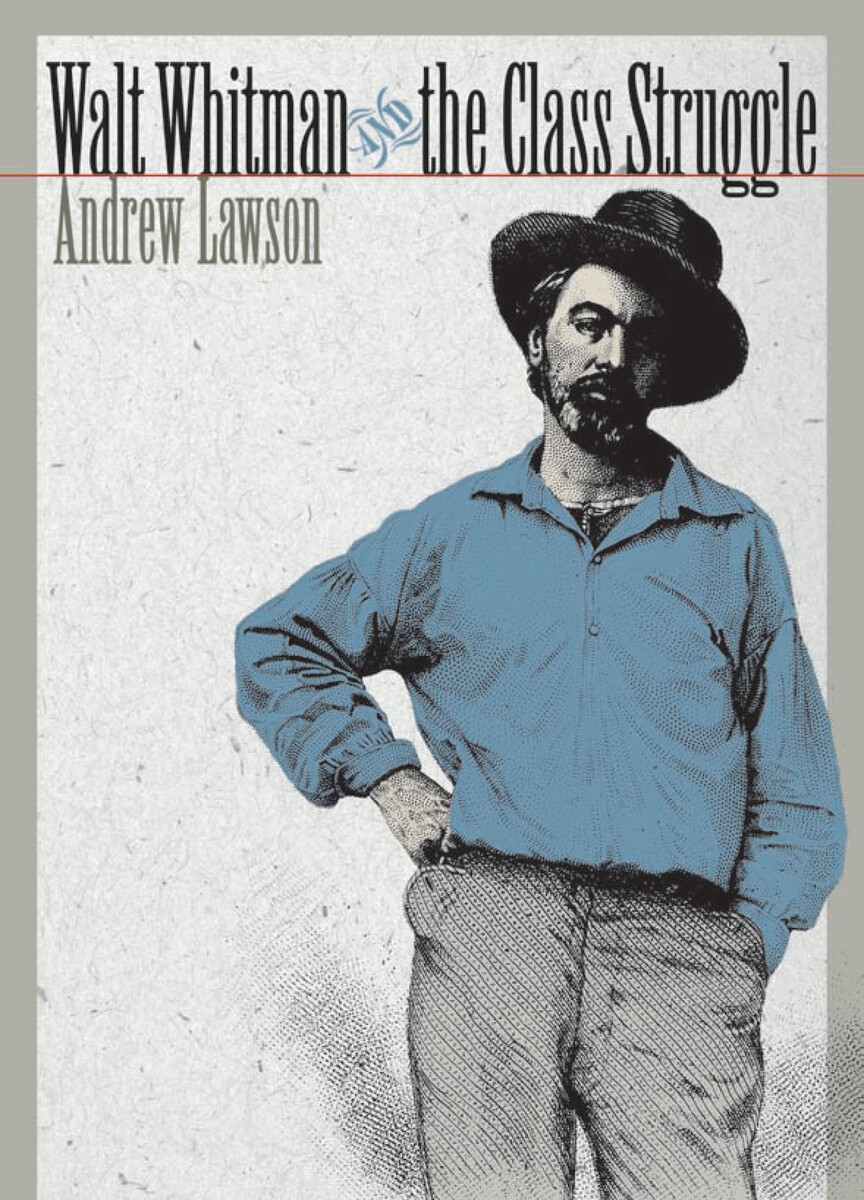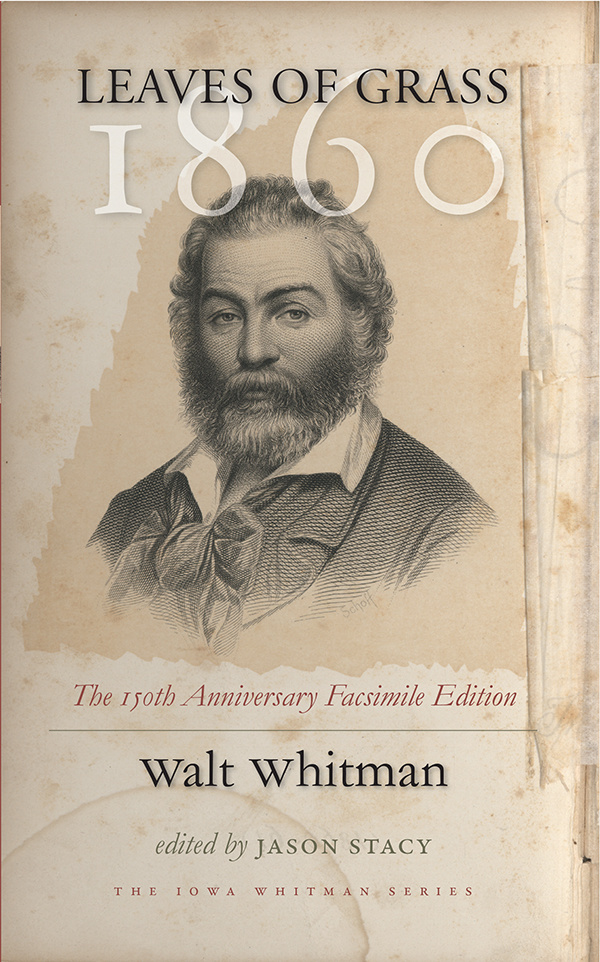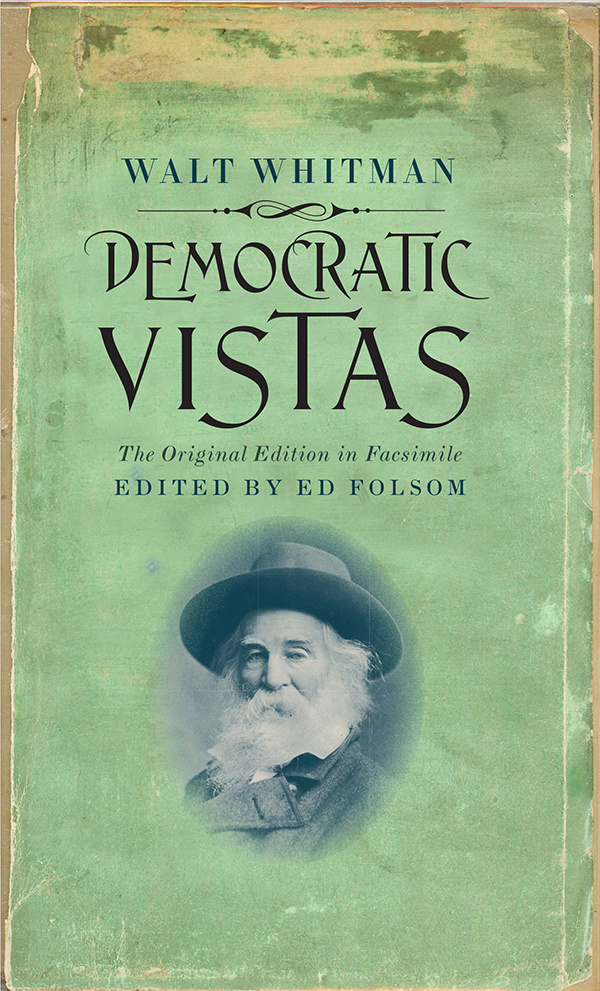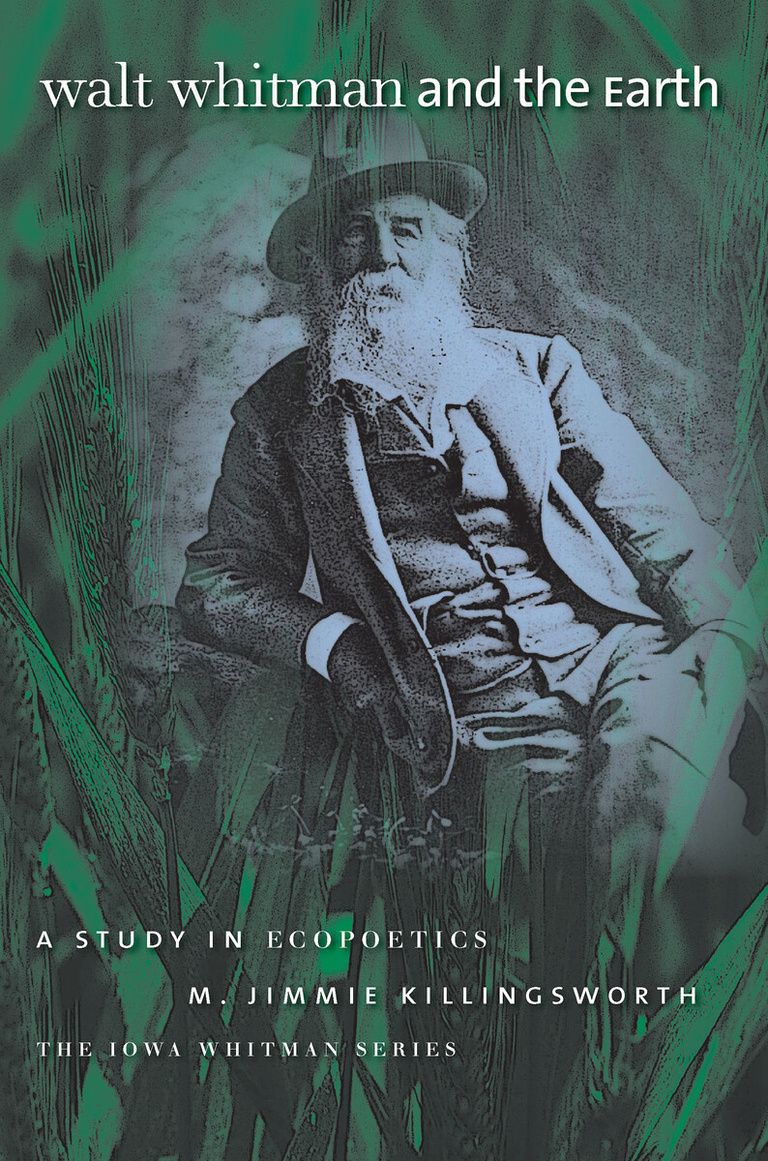By reconsidering Whitman not as the proletarian voice of American diversity but as a historically specific poet with roots in the antebellum lower middle class, Andrew Lawson in Walt Whitman and the Class Struggle defines the tensions and ambiguities about culture, class, and politics that underlie his poetry.
Drawing on a wealth of primary sources from across the range of antebellum print culture, Lawson uses close readings of Leaves of Grass to reveal Whitman as an artisan and an autodidact ambivalently balanced between his sense of the injustice of class privilege and his desire for distinction. Consciously drawing upon the languages of both the elite culture above him and the vernacular culture below him, Whitman constructed a kind of middle linguistic register that attempted to filter these conflicting strata and defuse their tensions: “You shall not look through my eyes either, nor take things from me, / You shall listen to all sides and filter them from yourself.”
By exploring Whitman’s internal struggle with the contradictions and tensions of his class identity, Lawson locates the source of his poetic innovation. By revealing a class-conscious and conflicted Whitman, he realigns our understanding of the poet’s political identity and distinctive use of language and thus valuably alters our perspective on his poetry.
"Lawson's study provides an exciting new way or reading Leaves of Grass . . . . Lawson's book make one wonder why these rather jarring juxtapositions of language have gone so long unobserved."—American Literature
“This powerfully terse and clear-eyed book develops an outstandingly useful new perspective on the relation between language and politics in the 1855 Leaves of Grass.”—Jonathan Arac, author of The Emergence of American Literary Narrative, 1820-1860
“Andrew Lawson’s mastery of primary and secondary sources produces an authoritative revisionist reading of Whitman’s place in the social system of his day. We are introduced to a Whitman who is edgily confrontational rather than ebullient, and the poetry is refreshed by being read as zestfully combative. Walt Whitman and the Class Struggle is an arresting corrective contribution to current Whitman scholarship.”—M. Wynn Thomas, author of The Lunar Light of Whitman’s Poetry and Transatlantic Connections: Whitman U.S., Whitman U.K.
“Lawson’s learned, extended, and exciting rereading of Whitman’s mixed diction in ‘Song of Myself’ refuses the casual assertion of simple ‘democratic zest’ in previous accounts; he shows that the unevenness of tone and the rich registers of diction reveal a complex political salience in the poem that earlier readers have missed or not known enough to see. Lawson brings alive the thick history in the Whitman voice.”—Hans Bergmann, author of God in the Street: New York Writing from the Penny Press to Melville



